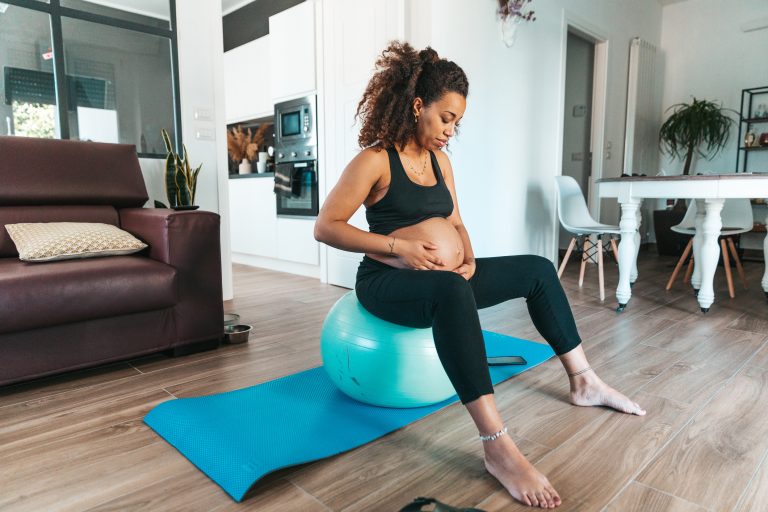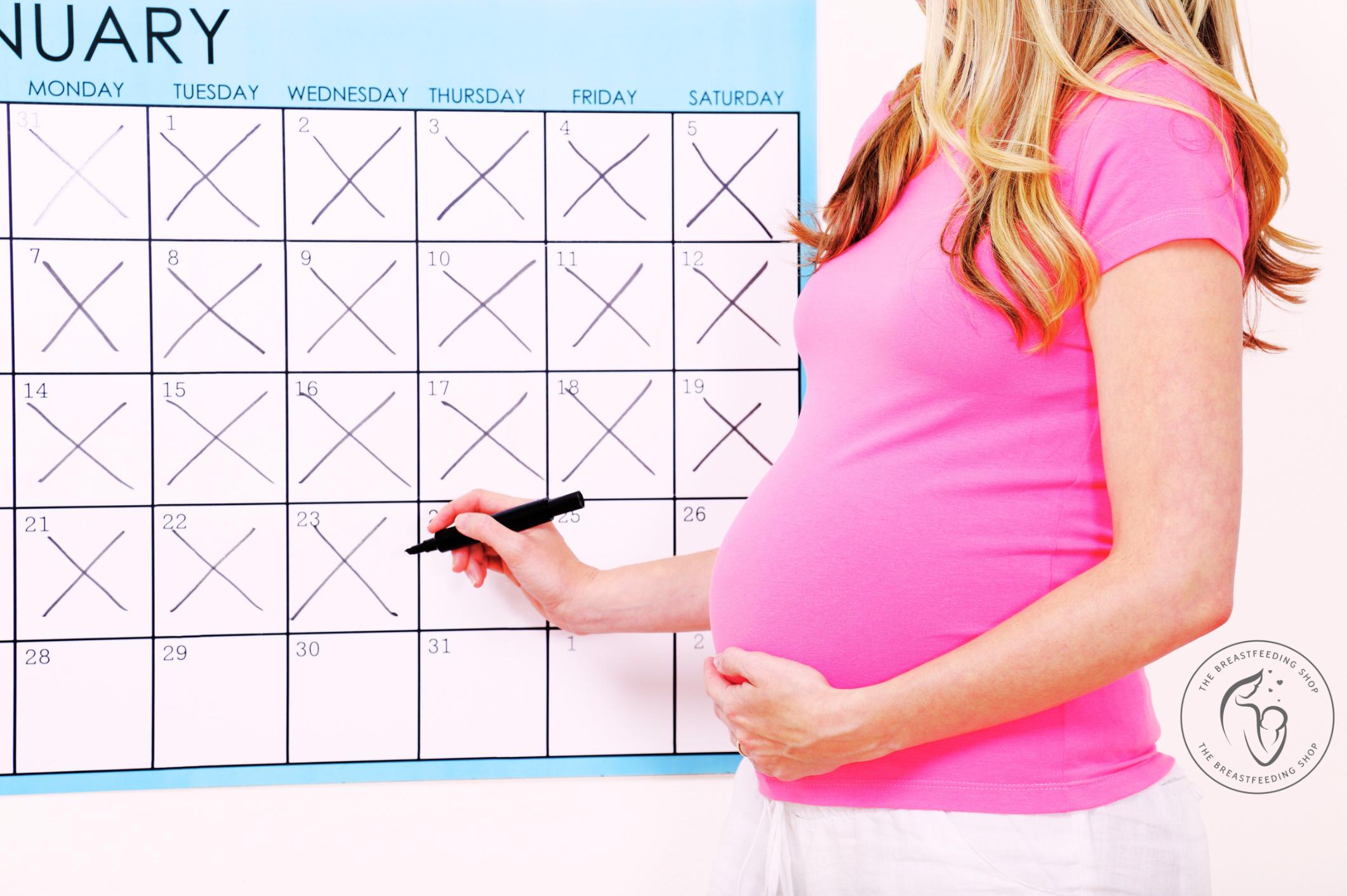Exercise During Pregnancy
When you’re pregnant, it may seem like the perfect time to take it easy — sit back, relax, and put your feet up, whether or not they are swelling. If you’re dealing with morning sickness, all the more reason to take it easy. But it doesn’t mean that you can’t exercise during pregnancy. As long as you’re healthy and not experiencing complications, it should be perfectly safe for you to exercise when you’re pregnant. But you should check with your healthcare provider before you start your pregnancy workout.
Why Should I Exercise During Pregnancy?
- It helps reduce backaches, pelvic pain, swelling, constipation, and bloating
- You get a nice boost in energy levels and mood at a time when many women have to deal with anxiety and depression
- It can help you fight fatigue and sleep better during pregnancy
- It can help prevent excessive weight gain
- Your blood pressure may be lowered by exercise during your pregnancy
- You may have a quicker recovery time after childbirth
- There is a reduced chance of pregnancy complications like gestational diabetes and unplanned C-sections
- It can lower your chances of complications during the delivery
How Much Exercise Should You Be Doing?
As long as you’ve checked with your doctor and gotten approval, 30 minutes of exercise 5 to 7 days a week is a good goal to aim for. And it doesn’t have to be an intense workout. You could start out with a light aerobic workout, like swimming or going for a walk each day. Or, break the 30 minutes up into separate five-minute sessions. Let’s say that you want to do some housework or run the vacuum cleaner for five minutes. That counts as five minutes of exercise. Or, if you are having trouble staying motivated exercising by yourself, you could find a workout partner or join a class.
It’s important to remember that you shouldn’t try to overdo it and work yourself too hard. Also, stay hydrated and make sure to stretch first and cool down afterward. It may also help you if you wear a supportive band or sports bra. And if you’ve never been one to exercise regularly prior to your pregnancy, you should definitely talk with your healthcare provider and work on easing into a routine. You should also discuss and pre-existing conditions you have, like heart or lung disease. If you’re exercising, and you feel lightheaded, dizzy, off-balance, unusually short of breath, headaches, chest pain, or a contraction — make sure to stop right away. Also, stop if you see any fluid leaking or vaginal bleeding.
What Kind of Exercise is Good for a Pregnant Woman?
If it’s been a bit since the last time you worked out, take it easy. You can always start with 10 minutes of exercise and slowly work your way up to 30 minutes. Most types of exercise are good for pregnant women, as long as you don’t push yourself too far. But some safe and productive forms of exercise during pregnancy that you can try out include:
- Pregnancy Swimming and Water Workouts
- Stationary Cycling
- Elliptical or Step Machines
- Brisk Walking
- Moderate Jogging
- Running (if you are an experienced runner)
- Low-Impact Aerobics or Dance Classes
- Stretching
- Tennis or Racquetball
- Prenatal Yoga
Exercises to Avoid During Pregnancy
If you’re unable to speak while you’re working out, you are probably pushing yourself too hard. And you may want to consider another type of pregnancy workout. Here are some types of activities that you may want to avoid when you’re pregnant:
Any activities that force you to lay on your back for long periods of time. Once you reach the fourth month of pregnancy, lying on your back could place the weight of your enlarged uterus on your blood vessels, limiting the amount of circulation that reaches the baby, as well as yourself.
Advanced abdominal exercises. This includes planks, twists, full sit-ups, and double leg lifts. These types of exercises can pull on the abdomen too much.
Sports that could involve falling over or an abdominal injury. You should try to avoid sports like downhill skiing or snowboarding, ice skating, rollerblading, gymnastics, diving, surfing, bungee jumping, horseback riding, outdoor bicycling, intense racket sports, basketball, soccer, and volleyball.
Sports that involve a change in altitude. Unless you already live in a high altitude, you should avoid them. On the other hand, scuba diving is also a good sport to avoid until after your pregnancy. It could cause your baby to have decompression sickness.
Hot exercise. This includes exercise that’s done in weather that’s too hot as well as hot yoga. Additionally, you should avoid hot tubs, saunas, and steam rooms. You especially don’t want to become overheated during the first trimester.
Backbends and other activities that contort your body.
Exercises that involve jumping, bouncing, or other sudden movements.
Activities that involve holding your breath.
Moves that involve motionless standing. After the first trimester is over, tai chi, as well as standing yoga poses (like tree or eagle pose), can restrict blood flow.
Other Considerations Involving Exercise and Pregnancy
It’s important to remember that your body will be changing all throughout your pregnancy. During pregnancy, joints usually become more relaxed, your breathing changes, and your center of gravity is shifted by the extra weight that the baby adds to the front of your body. Therefore, you’ll want to focus on exercises that will account for this.
We hope that these tips for exercising during pregnancy are helpful for you. Feel free to check out The Breastfeeding Shop’s blog for more helpful posts.




